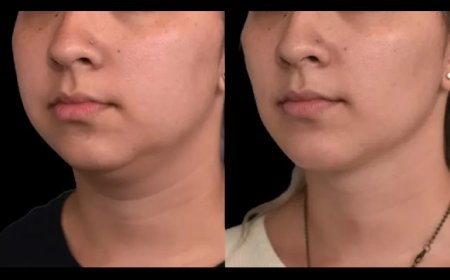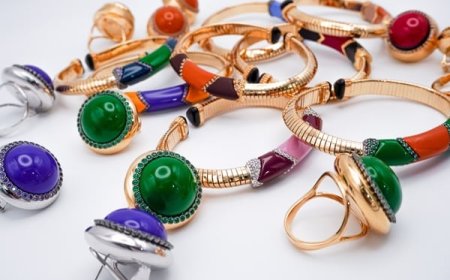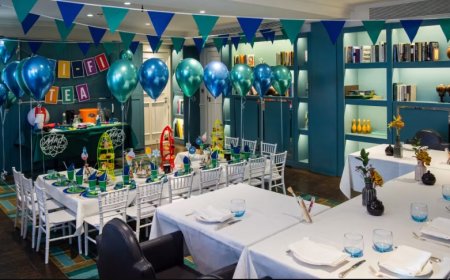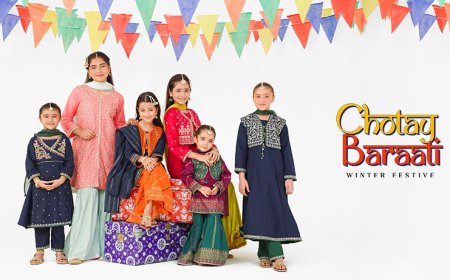Craft Spirits Market Size, Growth, and Trends Forecast 2025-2033
The global craft spirits market size was valued at USD 29.56 Billion in 2024. Looking forward, IMARC Group estimates the market to reach USD 232.25 Billion by 2033, exhibiting a CAGR of 24.45% from 2025-2033.

Market Overview:
The craft spirits market is experiencing rapid growth, driven by consumer demand for authenticity and storytelling, rise of experiential marketing and tasting events, and expansion of local and regional markets. According to IMARC Group's latest research publication, "Craft Spirits Market Report by Product (Whiskey, Vodka, Gin, Rum, Brandy, Liqueur, and Others), Distribution Channel (On-Trade, Off-Trade), and Region 2025-2033",The global craft spirits industry size was valued at USD 29.56 Billionin 2024. Looking forward, IMARC Group estimates the market to reachUSD 232.25 Billionby 2033, exhibiting aCAGR of 24.45%from 2025-2033.
This detailed analysis primarily encompasses industry size, business trends, market share, key growth factors, and regional forecasts. The report offers a comprehensive overview and integrates research findings, market assessments, and data from different sources. It also includes pivotal market dynamics like drivers and challenges, while also highlighting growth opportunities, financial insights, technological improvements, emerging trends, and innovations. Besides this, the report provides regional market evaluation, along with a competitive landscape analysis.
Download a sample PDF of this report: https://www.imarcgroup.com/craft-spirits-market/requestsample
Our report includes:
- Market Dynamics
- Market Trends And Market Outlook
- Competitive Analysis
- Industry Segmentation
- Strategic Recommendations
Growth Factors in the Craft Spirits Market
- Consumer Demand for Authenticity and Storytelling:
The craft spirits market thrives on consumers growing desire for authenticity and unique narratives behind the products they purchase. Modern drinkers are drawn to brands that emphasize heritage, local ingredients, and artisanal production methods. For instance, distilleries like Westland Distillery in Seattle highlight their use of locally sourced barley and traditional techniques, creating a compelling story that resonates with consumers. This focus on transparency and craftsmanship fosters loyalty, as buyers feel a personal connection to the brand. Small-batch production and limited releases further enhance the appeal, making consumers feel theyre part of an exclusive experience, driving demand for craft spirits.
- Rise of Experiential Marketing and Tasting Events:
Craft spirits brands are capitalizing on experiential marketing, such as distillery tours, tasting events, and cocktail workshops, to engage consumers directly. These experiences allow brands to showcase their unique production processes and build a loyal customer base. For example, Stranahans Colorado Whiskey hosts immersive distillery tours where visitors learn about its single malt production and sample exclusive batches. Such events create memorable interactions, encouraging word-of-mouth promotion and repeat purchases. By offering hands-on experiences, craft distilleries differentiate themselves from mass-produced brands, appealing to consumers who value quality and engagement, thus fueling market growth.
- Expansion of Local and Regional Markets:
The craft spirits market is expanding as distilleries focus on local and regional markets, leveraging community pride and local flavors. By sourcing ingredients locally and tailoring products to regional tastes, craft distilleries create a sense of place that resonates with consumers. For instance, New Yorks Tuthilltown Spirits uses Hudson Valley apples to produce its acclaimed apple vodka, appealing to local consumers and tourists alike. This hyper-local approach not only strengthens community ties but also attracts visitors seeking authentic, region-specific products. As more distilleries adopt this strategy, the craft spirits market continues to grow in diverse regions.
Key Trends in the Craft Spirits Market
- Sustainability and Eco-Conscious Practices:
Sustainability is a defining trend in the craft spirits market, with distilleries adopting eco-friendly practices to appeal to environmentally conscious consumers. Many are reducing their carbon footprint through sustainable sourcing, energy-efficient production, and recyclable packaging. For example, Bruichladdich Distillery in Scotland emphasizes organic barley and renewable energy in its operations, earning praise from eco-minded drinkers. This trend aligns with broader consumer shifts toward ethical consumption, encouraging distilleries to innovate in waste reduction and water conservation. As sustainability becomes a priority, brands that integrate these practices gain a competitive edge in the craft spirits landscape.
- Innovation in Flavors and Ingredients:
Craft distilleries are pushing boundaries by experimenting with unique flavors and unconventional ingredients, setting themselves apart from traditional spirits. From botanical-infused gins to whiskeys aged in exotic wood barrels, innovation is driving consumer interest. A notable example is Empirical Spirits in Copenhagen, which blends traditional distilling with culinary techniques to create spirits infused with ingredients like smoked juniper or kombucha. This trend caters to adventurous drinkers seeking novel taste experiences, encouraging brand loyalty and social media buzz. As distilleries continue to innovate, the craft spirits market remains dynamic and appealing to diverse palates.
- Growth of Direct-to-Consumer Sales:
The rise of direct-to-consumer (DTC) sales is transforming the craft spirits market, allowing distilleries to bypass traditional distribution channels and connect directly with customers. Enabled by e-commerce platforms and relaxed regulations in some regions, DTC sales offer convenience and exclusivity. For instance, Kentuckys Castle & Key Distillery sells limited-edition releases directly through its website, creating a direct relationship with consumers and boosting brand loyalty. This trend also allows distilleries to gather valuable customer data, enabling personalized marketing. As DTC channels expand, craft distilleries gain greater control over their brand and revenue, shaping the markets future.
Leading Companies Operating in the Global Craft Spirits Industry:
- Bacardi Limited, Campari Group (Lagfin S.C.A.)
- Constellation Brands, Inc.
- Copper Fox Distillery, Diageo plc
- Heaven Hill Distilleries, Inc.
- Hotaling & Co., Pernod Ricard
- Rogue Ales & Spirits
- Sibling Distillery Limited
- William Grant and Sons Ltd
- Woodinville Whiskey (LVMH)
Craft Spirits Market Report Segmentation:
By Product:
- Whiskey
- Vodka
- Gin
- Rum
- Brandy
- Liqueur
- Others
Whiskey represents the largest segment due to its enduring popularity, diverse range of styles, and cultural significance in regions where craft distilleries thrive.
By Distribution Channel:
- On-Trade
- Off-Trade
On-trade accounts for the majority of the market share as it includes bars, restaurants, and hotels where consumers often prefer to sample and purchase craft spirits for immediate consumption and social experiences.
Regional Insights:
- North America (United States, Canada)
- Asia Pacific (China, Japan, India, South Korea, Australia, Indonesia, Others)
- Europe (Germany, France, United Kingdom, Italy, Spain, Russia, Others)
- Latin America (Brazil, Mexico, Others)
- Middle East and Africa
North America enjoys the leading position in the craft spirits market on account of its long-standing tradition of distilling and the growing consumer demand for premium and artisanal products.
Research Methodology:
The report employs a comprehensive research methodology, combining primary and secondary data sources to validate findings. It includes market assessments, surveys, expert opinions, and data triangulation techniques to ensure accuracy and reliability.
Note: If you require specific details, data, or insights that are not currently included in the scope of this report, we are happy to accommodate your request. As part of our customization service, we will gather and provide the additional information you need, tailored to your specific requirements. Please let us know your exact needs, and we will ensure the report is updated accordingly to meet your expectations.
About Us:
IMARC Group is a global management consulting firm that helps the worlds most ambitious changemakers to create a lasting impact. The company provide a comprehensive suite of market entry and expansion services. IMARC offerings include thorough market assessment, feasibility studies, company incorporation assistance, factory setup support, regulatory approvals and licensing navigation, branding, marketing and sales strategies, competitive landscape and benchmarking analyses, pricing and cost research, and procurement research.
Contact US
IMARC Group
134 N 4th St. Brooklyn, NY 11249, USA
Email: sales@imarcgroup.com
Tel No:(D) +91 120 433 0800
United States: +1-631-791-1145



























